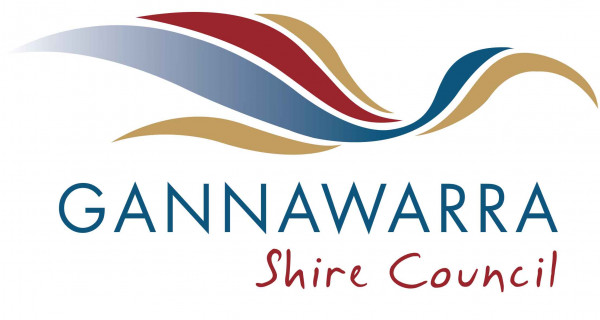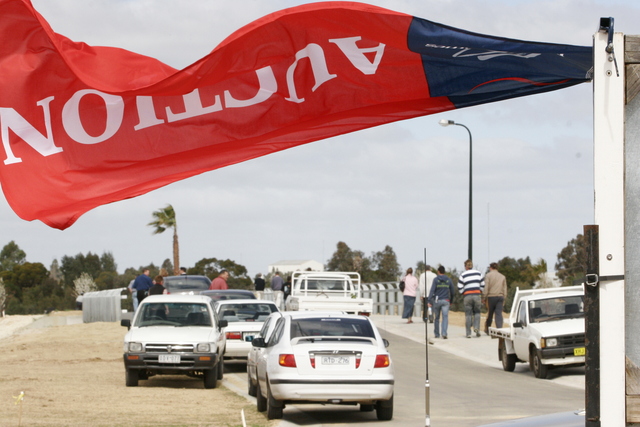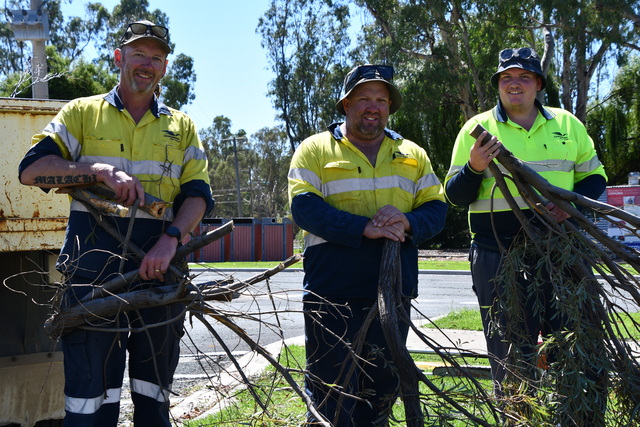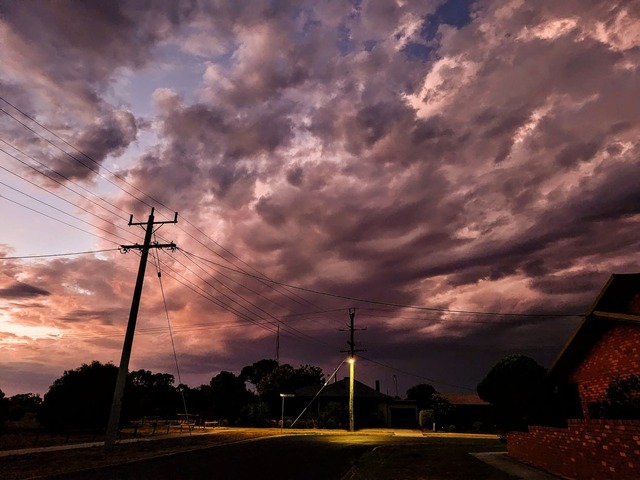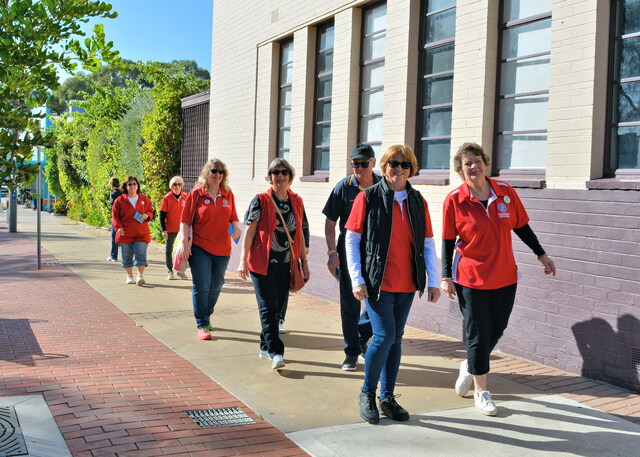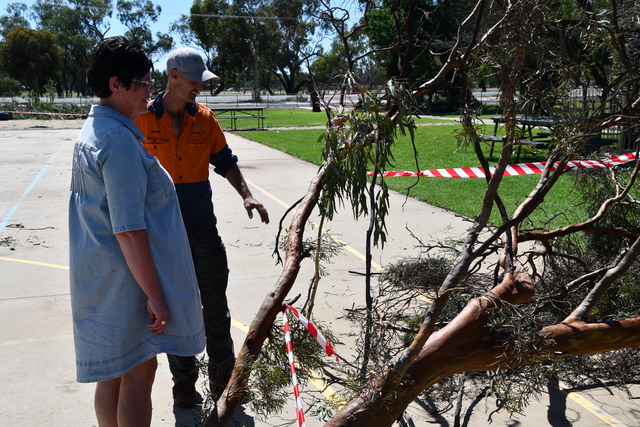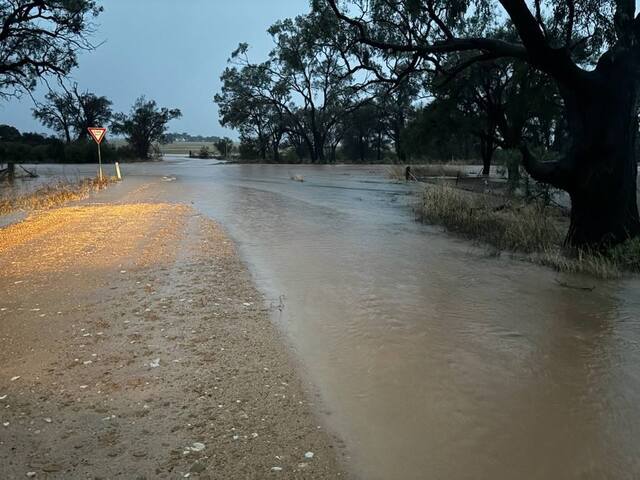
THE community’s capacity to pay was a factor in Gannawarra Shire Council adopting a revised rating strategy, the mayor, Cr Brian Gibson has revealed.
Councillors approved a revised version of its differential rates strategy last week following opposition from dryland farmers.
“Council can acknowledge that our community has reached the limit of their capacity to pay, and as a council we need to look closely at our expenditure and ensure that our community living in small outlying areas are being serviced and supported,” Cr Gibson said.
Council was considering a four-year transition to a standard rate for all land categories – a move that met with opposition from farmers across the municipality
Instead, it has retained differential rates for residential, commercial and industrial, dryland farming and irrigation district farming.
Farmers maintained their concerns right up to council’s adoption of its 2017-2018 budget last week, with 11 people asking council questions about rates matters.
Cr Gibson said council had listened and taken on board all the submissions that were presented following the public exhibition period of the proposed budget.
“Council has actively sought to compromise and agree on an alternative rating strategy that reflects the current environment and one that is fair and equitable to all ratepayers within the shire,” he said.
“There is no perfect rating strategy, therefore no perfect result.
“Councils all across Victoria are finding it difficult and we are no different. The process taken to come to the fairest and reasonable rate has been a difficult one, but I truly believe this council has actively listened and healthily debated the topic in our chambers.”
However, the Victorian Farmers Federation has opposed the move, with the organisation’s vice-president and Gannawarra resident, Brett Hosking declaring the vote showed a reckless disregard for a key regional industry.
“The council’s decision is seriously short-sighted and lacks any strategy as far as ratepayers have been told,” he said.
“Farmers are going to have to find an extra $2500 somewhere to top up council coffers each year, which puts the farm sector at a clear disadvantage when we are one of Gannawarra Shire’s key employers.
“The agriculture industry directly employs 25 per cent of residents in Gannawarra Shire. Shifting extra costs onto the shire’s biggest employer will not create new jobs to grow our community.
“This plan isn’t logical and will have widespread economic impacts not just to the farm sector, but to the whole local economy.”
The vote was held the day after Ararat Rural City Council deferred a decision on forcing a move to a uniform rating strategy, which would see farmers slugged with a 45 per cent rate hike.
VFF president David Jochinke said the farmer group was in the process of writing to all rural and regional councils explaining the importance of maintaining differential rating strategies.
“The VFF is working with farmers in Gannawarra and Ararat to ensure they don’t suffer because of poor budget decisions being made by their councils,” he said.

